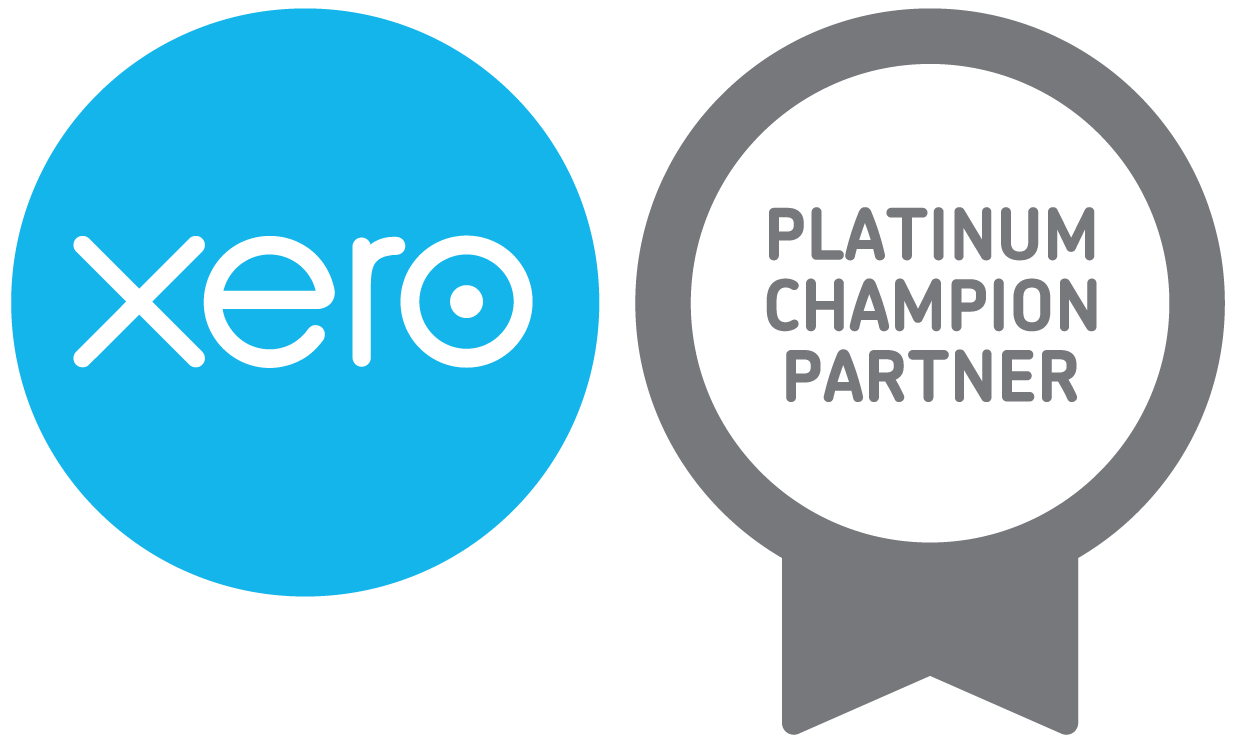Tax relief on charitable donations – what’s the drill?

Tax relief on charitable donations – what’s the drill?
Whether you’re an individual or a company, donating to a charitable cause is a great thing to do if you’re in a position to do it. On top of the personal reward that comes with giving back, there are numerous tax benefits to giving charitable donations in the UK.
As a company making charitable donations, you can:
- Benefit from corporation tax deductions. As long as your recipient is a registered charity, companies can deduct charitable contributions from taxable profits which in turn reduces your corporation tax liability.
- Be eligible for tax relief or deductions in cases where you are supporting community projects or sponsoring local events. A great incentive to support local while reaping the rewards.
- Receive tax benefits for your company and your employees through Employee Payroll Giving Schemes. Also known as Give As You Earn, this is an easy, convenient and tax-effective way to make a regular donation, so it costs you less to give more.
- Donate assets like stocks or real estate to charities, potentially avoiding capital gains tax on the appreciation while still claiming a charitable deduction.
- Enhance your company’s reputation and demonstrate corporate social responsibility (CSR). While this is, of course, not the main reason for giving to charity, improving public perceptions and boosting your CSR is a great by-product for your business.
- Donate assets like stocks or real estate to charities, meaning you’ll potentially avoid paying capital gains tax on the appreciation while still claiming a charitable deduction.
Remember, tax laws can always change, so check in with a tax professional or accountant to make sure you’re following the most up-to-date regulations and maximising the tax advantages of charitable giving in the UK as a company.
As an individual making charitable donations, you can:
- Claim gift aid – which means the charity can reclaim the basic rate tax on the donation you give, increasing the value of your contribution at no extra cost to you.
- Claim additional tax relief on your charitable donations, if you’re paying higher or additional rate income tax – so for every £1 donated, you’ll receive extra tax relief, which in turn reduces your tax liability.
- Reduce your taxable income. Giving charitable donations can potentially move you into a lower tax bracket and reduce your overall tax liability.
- Receive inheritance tax benefits. For example, donations to registered charities in a will can reduce the overall value of an estate for inheritance tax purposes, mitigating inheritance tax liabilities.
- Donate shares or property to charity, leading to exemptions from capital gains tax on any increase in their value since acquisition.
Remember to always keep records of your charitable donations and also check you’re giving to a registered charity in order to qualify for these tax benefits.
Consulting with a financial advisor or tax professional is always a great idea if you need more personalised guidance on optimising the tax advantages of charitable giving in the UK.
We’re happy to help with any advice you need, so get in touch anytime.
Discover more tax guidance articles.
We hope you find these summaries useful and do let us know if there is a topic you would like further information on – suggestions are always welcome!
David's Christmas Reflection 2025
As we reach the end of another year, I’ve been looking back at everything that has happened across Bernard Rogers & Co and the wider business world. It has been a year with no shortage of change, challenges and the occasional surprise, but also one filled with progress, good conversations and a few proud moments along the way.
5 Things Every Business Owner Should Do Before Breaking Up for Christmas
As the year draws to a close, many business owners find themselves trying to wrap up client work, manage staff leave, and plan for the new year - all while attempting to enjoy the festive season. December always feels short, and once schools break up, productivity often drops whether we intend it to or not.
Digital ID for Workers: What Small Businesses &Contractors Need to Know
When the Prime Minister announced plans to make digital identity cards mandatory for working adults, it captured headlines...
Contact us for a free, informal chat.
Message us today to explore tailored solutions that meet your unique business needs.




